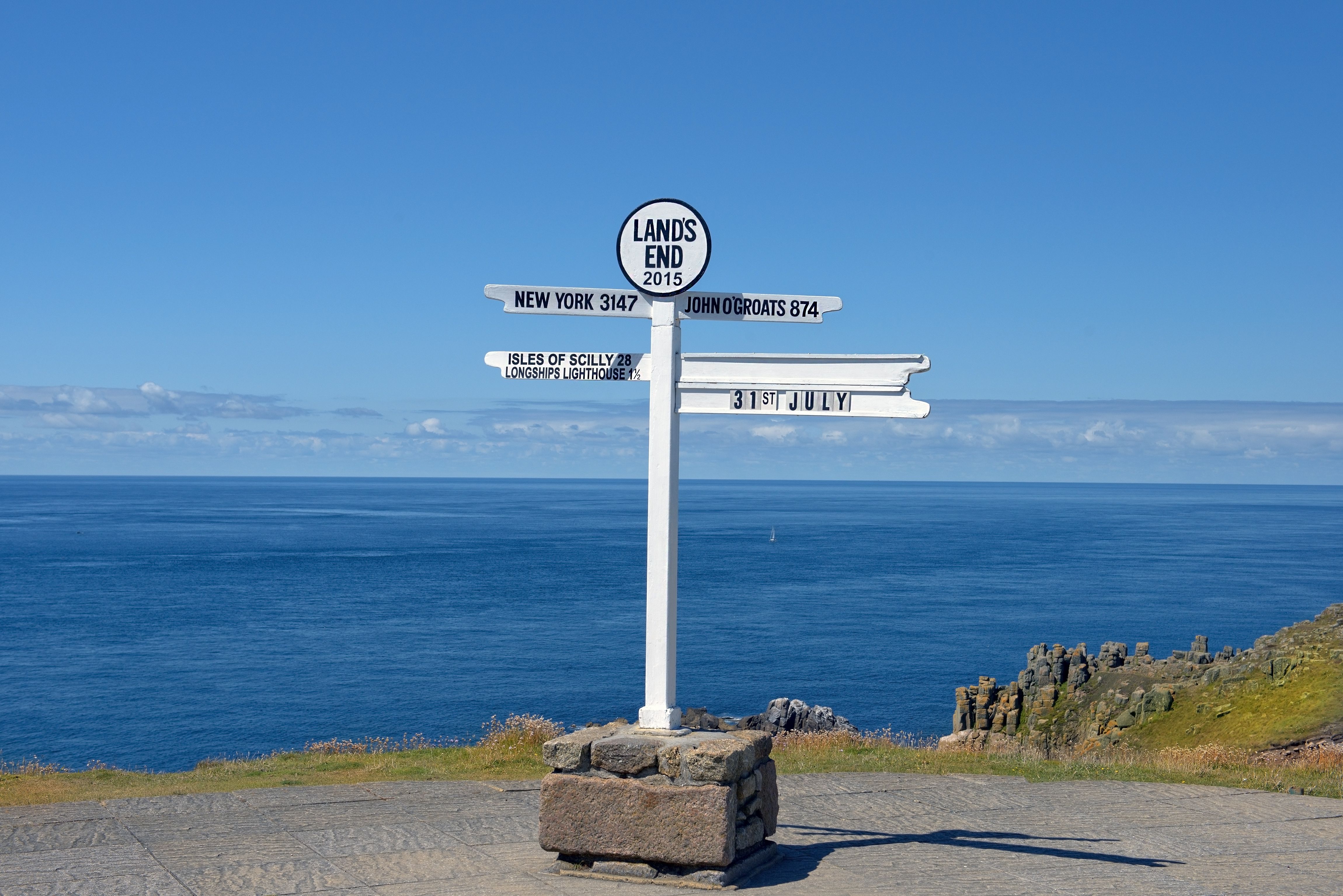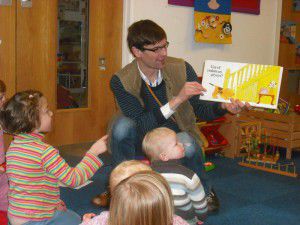Saving the Cornish language: Kernewek Fights Back!
Kernewek in Kernow
When I was back home the other week, I was surprised to see the Cornish language supporters out in force at several major Maytime festivals. Back in the day, you wouldn’t tend to see much Cornish language at a public parade. In fact, back in the day, you could easily come to Cornwall and miss all the Celtic language completely, except for the odd place-name translated on road signs.
Not so now! I go to a festival in London every year where all the Cornish ex-pats gather to celebrate St Piran’s Day, and at this festival of modern music and comedy (no folk element to it), it’s very normal for the presentation to be at least partly in Cornish. Last year, at the Falmouth Sea Shanty Festival, an entire group of about 20 people came into one of the pubs and were talking exclusively in Cornish, albeit with varying levels of fluency. And most Cornish people nowadays are at least familiar with the essentials- Mitten Da, Nos da, pasti, Fatla Genes, Kernewek.
Putting Kernow back on the map!
So something’s happened between when I was at school and now. And in large part it’s down to the Cornish Language Partnership, who have been promoting and supporting the Cornish language since 2005, coordinating languages societies, local authorities and other cultural groups. It also offers a translation service and online audio dictionary for all those eager learners. They’ve put Cornish back on the map in a big way, and helped to standardise a language which, divided into many dialects, was actually officially dead.
The bad news is that the Cornish Language Partnership relies a lot on government funding, and the government has recently cut £150,000 of annual funding for the Cornish language. This is terrible news for supporters of Cornish (and worrying news for other minority languages), and a petition has been launched to reinstate the funding (with currently over 8,600 signatures).

Not taking it lightly, me lovers!
The good news is that Cornwall’s not backing down! A local (and well-loved) ice cream firm, Kelly’s, has recently launched an advert all in Cornish (with the odd cheeky nod to English thrown in here and there). In the Kelly’s ad, a young man extolls all the virtues of the Kelly’s ice cream entirely in Kernewek – quite ambitious considering Cornwall only boasts about 2000 fluent speakers – yet the simple message of this ad is completely conveyed. Have a look for yourselves:
We’re proud to do our bit to support the Cornish language – check out our Cornish programs
Nat
Join the revival – learn Cornish
Today we have a guest post from Elizabeth Stewart, from the Cornish Language Partnership, on why Cornish is a great language to learn.
The Cornish language, or Kernewek as it is known by those who speak it, is enjoying a hugely successful revival. Those who are fortunate enough to live in the Duchy, or visit it on holiday, have only to look around them to see proof of this, with bilingual road signs springing up on street corners and businesses proudly asserting their origin by naming their products in Cornish. It’s an exciting era for the language, and learning has just become easier and more enjoyable with the release of three new EuroTalk resources in Cornish.
Cornish is a Celtic language and is most closely related to Welsh and Breton, though it also has strong links to the other Celtic languages of Irish Gaelic, Scots Gaelic and Manx. Up until the mid sixteenth century it was the main language spoken across Cornwall but pressure from English caused Cornish to decline and retreat to the far west. By the beginning of the nineteenth century Cornish had all but died out as a community language, but in 1904 Henry Jenner published a Handbook of the Cornish Language which kick started the revival of Cornish as a living, spoken language.
Since then the number of people learning and using the language has escalated, with Cornish receiving official recognition as a minority language in 2002 under the Council of Europe’s Charter for Regional or Minority Languages.

Skol Veythrin Karenza - Pre-school in Pool (photo Emilie Champliaud)
Today Cornish is one of the fastest growing languages in the world, and this is set to accelerate with more schools than ever choosing to teach Cornish, from pre-schools (including a fully bilingual one that teaches through the medium of both Cornish and English) right through to secondary schools.
Businesses are also embracing the use of Cornish. Local enterprises such as Polgoon Vineyard have made a point of choosing Cornish branding as a mark of local origin and several of their products are named in Cornish. Meanwhile national companies such as JD Wetherspoon have a policy of putting up bilingual signage in their Cornish pubs, as well as giving them names in Cornish such as “Try Dowr” (Three Rivers) in Truro and “Chapel an Gansblydhen” (Centenary Chapel) in Bodmin.
Cornish is also used in the community, with Scouts and Guides learning their motto and promise in Cornish, gig rowers naming their gigs in Cornish and an increasing number of individuals using Cornish for everything from house names to children’s names, wedding vows to tattoos.
If you would like to join the growing number of people who are taking an interest in Cornish, order your copy of either Talk More (suitable for adult beginners) or Talk the Talk (suitable for younger beginners) from EuroTalk today, or if you’ve already been learning for a while try taking your Cornish a bit further with Talk Business.
For more information about the Cornish language, visit www.magakernow.org.uk.

